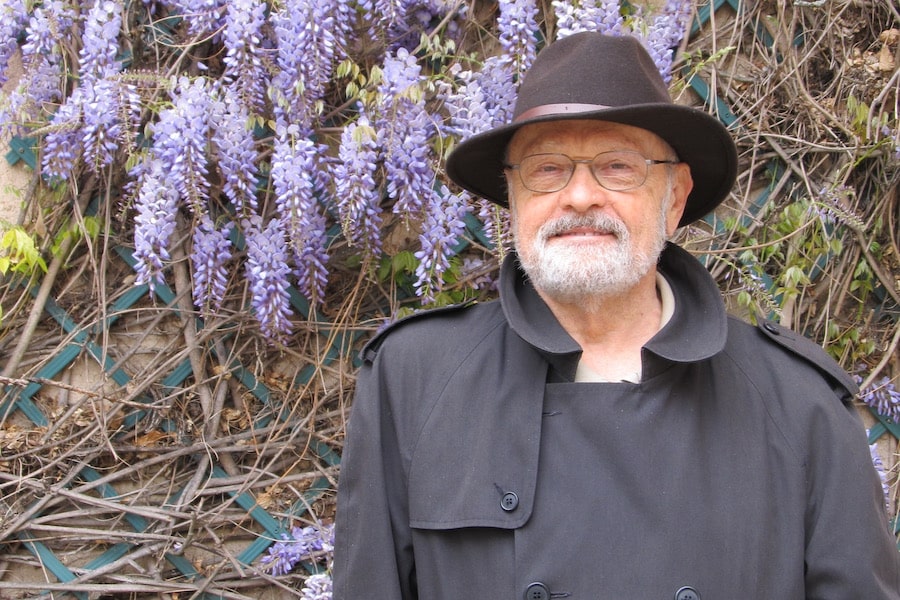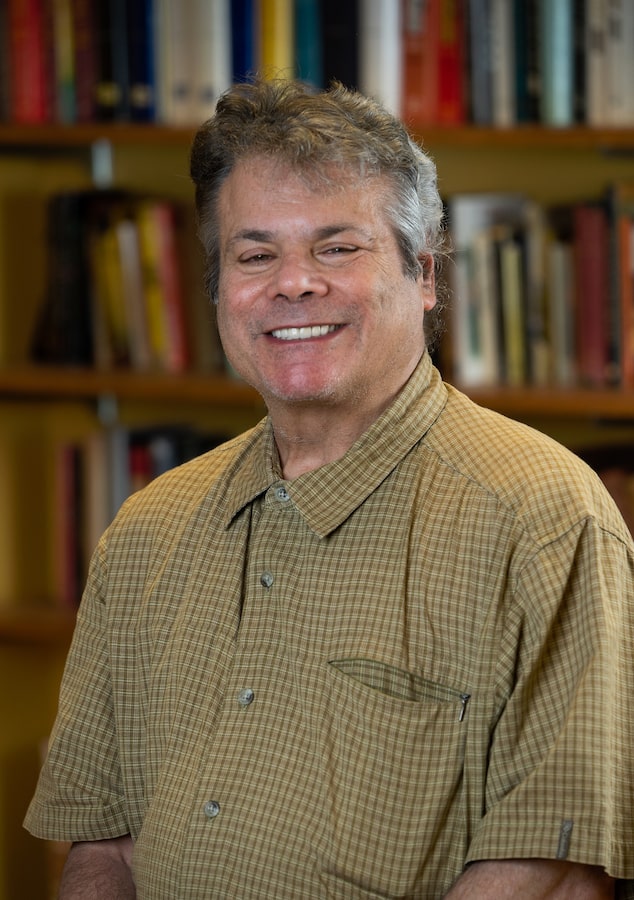CMU’s Interdisciplinary Jewel
Rhetoric program prepares graduates for broad career opportunities
By Katy Rank Lev
Media Inquiries- Dietrich College of Humanities and Social Sciences
- 412-268-6094
Today, amid a pandemic, it's easy to see the value of impactful communication. David Kaufer, Mellon Distinguished Professor of English and Rhetoric and current director of the Rhetoric program at Carnegie Mellon University, oversees graduate students en route to becoming experts in language, focused on writing and the teaching of writing.
Kaufer said that since the university's founding, when CMU was rapidly developing programming in STEM fields, it has placed a heavy emphasis on its students experiencing a broad, interdisciplinary education. "The university has a history of caring about good writing," Kaufer said, "and of understanding the costs of bad writing."
In 1978, CMU was making a name for itself through legends like Herb Simon, a Nobel laureate and founding father of artificial intelligence, and Erwin Steinberg, the university's first vice provost for education who held the Thomas S. Baker Professorship of English and Interdisciplinary Studies. Simon and Steinberg both helped push the idea of a graduate program in rhetoric, recruiting someone to train master's degree and Ph.D. students. They looked to the School of Engineering at the University of Michigan, where Richard E. Young was a rhetorician working in technical communication.
It might seem unusual for a polymath like Simon and an English professor to look to an engineering department for their new rhetoric program leader, but CMU has always valued interdisciplinary work. Young stepped right in when he arrived, immediately building connections between seemingly unrelated fields of study.

Richard E. Young, founding head of the Rhetoric program at CMU, helped shape the field of rhetoric into one that examines the ways we produce writing, but also analyzes what works in a text and what does not.
